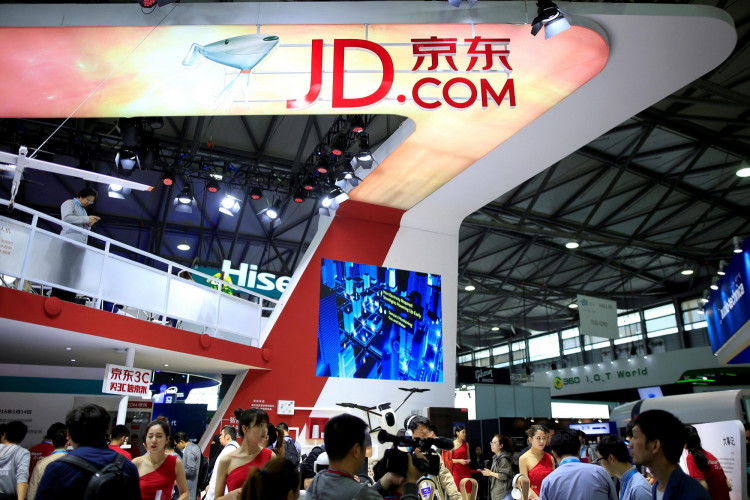Hong Kong businesses have embraced the implementation of China's National Security Law. Foreign investors perceive that the legislation would deem the city as less lucrative for business activities. The regulations involving international companies and investors would lead to harsh punishments, including life imprisonment.
Last Tuesday, Beijing announced the new Hong Kong security law. Along with it is a new and significant inflow of Chinese money into the territory that marks good news for local businesspeople. Many of the market players in Hong Kong expect that the city would remain a profitable place for commerce.
The law was said to not trample with billions of dollars in new stock offerings and property deals. These engagements conducted by Chinese companies escalated in the past few weeks when the United States imposed a stricter law on foreign securities listing on its stock exchange. After the US mandate, Chinese companies double listed, while some wholly transferred their public listings to the Hong Kong stock exchange.
Business leaders and bankers operating in Beijing even endorsed China's take on the national security law claiming that it would improve Hong Kong's status as a business hub. They also noted that the legislation would help police better control violent anti-government protests.
In Hong Kong, many bankers and deal makers pondered upon the condition of anonymity. They were said to have lesser fear over violations and were more concerned about wading into a broader geopolitical showdown between the US and China.
According to an author and former banker who writes about China's financial system Fraser Howie, the business community profoundly supports China's take on the Hong Kong regulation. He said that the country compartmentalized the market and highlighted that it is more focused on business than politics.
The Trump administration, on the other hand, threatened to revoke the trade privileges granted to Hong Kong on exports of defense equipment. These threats also concern high-technology products that are traded in Hong Kong.
Residents in Hong Kong also opposed Beijing's national security law claiming that it might pose a threat to freedom and civil rights. During such time, new Chinese deals have proven the community that Hong Kong business would flourish because of the mandate and that the city would remain a right place for business deals.
Chinese e-commerce retailer JD.com raised about 3.9 billion USD last week by publicly selling its shares on the Hong Kong stock exchange. Two weeks before the public listing, Chinese online game company NetEase also raised 2.7 billion USD on its Hong Kong listing.






